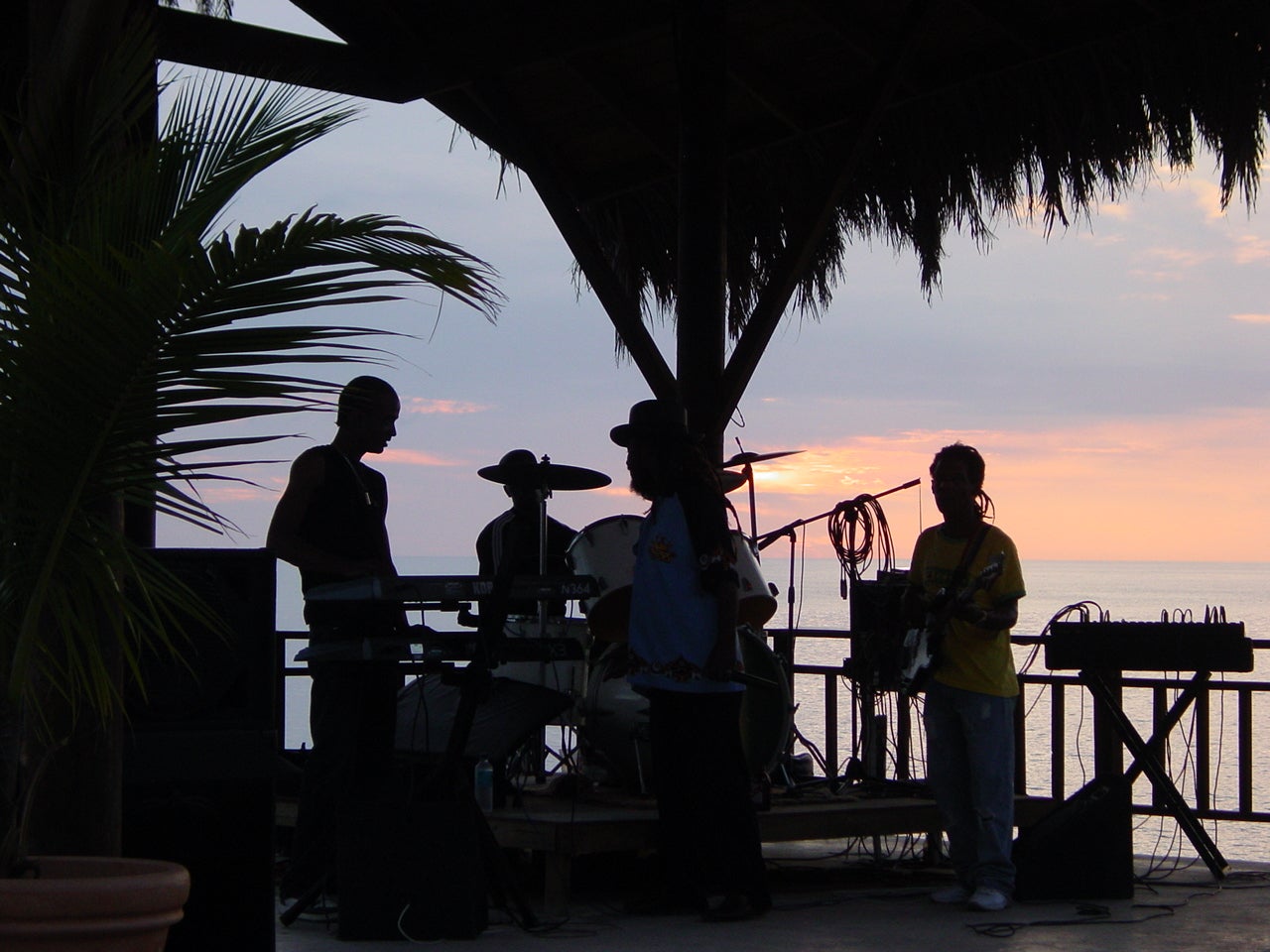Will the government ease the ‘no-go’ criteria for travel?
Threshold of new infection rates to increase five-fold

Your support helps us to tell the story
From reproductive rights to climate change to Big Tech, The Independent is on the ground when the story is developing. Whether it's investigating the financials of Elon Musk's pro-Trump PAC or producing our latest documentary, 'The A Word', which shines a light on the American women fighting for reproductive rights, we know how important it is to parse out the facts from the messaging.
At such a critical moment in US history, we need reporters on the ground. Your donation allows us to keep sending journalists to speak to both sides of the story.
The Independent is trusted by Americans across the entire political spectrum. And unlike many other quality news outlets, we choose not to lock Americans out of our reporting and analysis with paywalls. We believe quality journalism should be available to everyone, paid for by those who can afford it.
Your support makes all the difference.The government is believed to be preparing to ease its strict criteria for imposing self-isolation on arrivals to the UK, to reflect the soaring rates of coronavirus domestically.
The threshold for 14 days of quarantine is currently 20 new cases per 100,000 people over the past week. But the UK’s rate is currently over 11 times higher, at 227 – which is significantly higher than several major European nations on the “no-go” list, including Italy, Poland and Austria.
The Department for Transport (DfT), which imposes quarantine after discussion with the Joint Biosecurity Centre (JBC), is believed to have set a new threshold five times higher, at 100 new infections.
Several other criteria are considered, including the country’s “positivity” – the proportion of tests that show an individual is carrying the virus. A figure above 4 per cent, combined with high new case levels, is likely to trigger quarantine.
Scientists and politicians will also consider the state of the health infrastructure, and in particular the rate of admissions to hospital and the number of intensive therapy beds.
Paul Charles, chief executive of the travel consultancy The PC Agency, said: “It’s a big library of information now needed to make a decision on which country is added or removed from quarantine.
“The question is how quickly countries are taken off the quarantine list. But the opening of Maldives and Canary Islands is an indication that more countries can be given corridors in the coming weeks as infection rates beyond Europe reduce, and better testing regimes emerge.”
As of 4am on Sunday morning, travellers arriving in the UK from the Canary Islands, Denmark, the Maldives and the Greek island of Mykonos no longer need to self-isolate for two weeks.
Only tiny Liechtenstein joined the much longer list of no-go countries.
The opening up of Tenerife, Gran Canaria, Lanzarote and the other Canaries came too late for many half-term holidaymakers, but has given heart to the travel industry that there is at least something to sell this winter.
A more measured approach from the JBC and DfT could lead to the current blanket travel ban on the entire African continent being lifted.
African nations such as Egypt, Kenya and South Africa have much lower rates of infection than Britain, and Rwanda’s is currently one-500th of UK figures.
In addition, long-haul destinations such as Jamaica and the UAE could be given the green light for travel.




Join our commenting forum
Join thought-provoking conversations, follow other Independent readers and see their replies
Comments